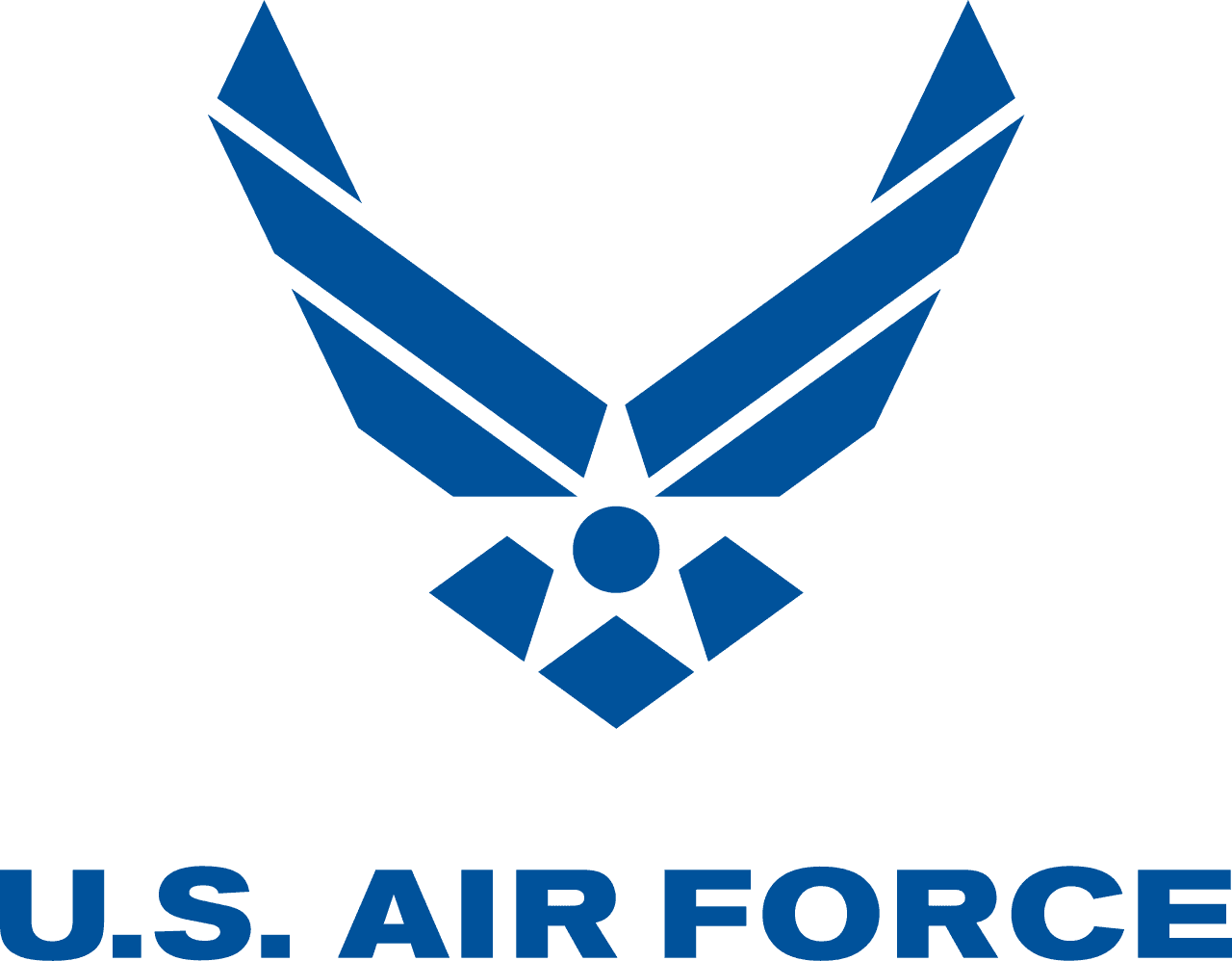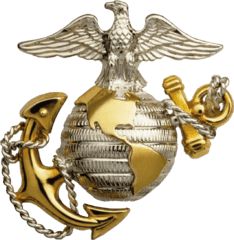Military Environmental Health and Safety Specialists
Overview
What are the responsibilities of this role?
Environmental health and safety specialists protect the military community through programs to ensure that military facilities and food supplies are free of disease, germs, and other hazardous conditions. These specialists identify, research, and mitigate occupational and environmental health hazards and risks that may negatively impact health, human performance, and environmental health quality. They manage programs related to communicable disease control and prevention, food safety, sanitary compliance, occupational health and safety, hazardous material control, and public health contingency response. They also assess chemical, biological, radiological, and nuclear safety.
What is the work environment like?
Environmental health specialists work indoors while inspecting food facilities and buildings. They work outdoors while inspecting waste disposal facilities and field camps.
How many people have this role in the Military?
4,021
Compensation
Understanding How Military Pay is More Than Just a Salary
Base pay is the standard income you’ll earn as a service member, providing a stable foundation to start achieving your financial goals.
- Always fixed based on rank and service time.
- Distributed monthly.
What is the typical salary range?
$66,410
$80,536
$114,708
Military Details
What Service Branches offer this role?
Is this a staff or leadership role?
What does the training for this role entail?
All enlisted service members complete basic military training, which includes time spent in a classroom and in the field, and covers tactical and survival skills, physical training, military life and customs, and weapons training. Job training for environmental health and safety specialists consists of classroom and on-the-job instruction, including practice in making health and sanitation inspections. Training content may include:
- Identification and mitigation of health hazards
- Inspection of food products and food service operations
- Fire prevention
- Occupational health and hygiene programs
- Emergency medical techniques
- Accident prevention programs
Education
What level of education do professionals in this role have?
Which college majors best prepare you for this role?
- Criminal Justice/Law Enforcement Administration
- Political Science and Government, General
- Sociology, General
- Business Administration and Management, General
- Entrepreneurship/Entrepreneurial Studies
- Systems Science and Theory
- Public Administration
- History, General
- Organizational Leadership
- Business/Commerce, General
- Library and Information Science
- Criminology
- Economics, General
- Econometrics and Quantitative Economics
- Geography
- International Relations and Affairs
- Homeland Security
- Crisis/Emergency/Disaster Management
- Social Sciences, General
- Science/Technology Management
- Applied Economics
- Industrial and Organizational Psychology
- Fire Services Administration
- Hospitality Administration/Management, Other
- Arts, Entertainment, and Media Management, General
- Public/Applied History
- Digital Communication and Media/Multimedia
- Non-Profit/Public/Organizational Management
- Fine and Studio Arts Management
- Project Management
- Environmental/Natural Resource Economics
- Information Technology Project Management
- Cybersecurity Defense Strategy/Policy
- Applied Psychology
- Political Economy
- Political Science and Government, Other
- Urban Studies/Affairs
- Tourism and Travel Services Management
- History and Philosophy of Science and Technology
- Philosophy, Politics, and Economics
- Criminal Justice and Corrections, General
- Research Methodology and Quantitative Methods
- Development Economics and International Development
- International Relations and National Security Studies, Other
- Small Business Administration/Management
- History, Other
- Applied/Public Sociology
- Clinical Research Coordinator
- Environmental Psychology
- American Government and Politics (United States)
- American History (United States)
- History and Political Science
- National Security Policy Studies
- Cultural Resource Management and Policy Analysis
- Theatre/Theatre Arts Management
- Demography and Population Studies
- Social Psychology
- Economics, Other
- International Economics
- Telecommunications Management
- Terrorism and Counterterrorism Operations
- Research and Development Management
- Archives/Archival Administration
- Industrial and Physical Pharmacy and Cosmetic Sciences
- Sociology and Anthropology
- Arts, Entertainment, and Media Management, Other
- European History
- Critical Infrastructure Protection
- Social Entrepreneurship
- Rural Sociology
- Economics and Computer Science
- Military History
- Public Administration, Other
- Franchising and Franchise Operations
- Religious Institution Administration and Management
- Economics and Foreign Language/Literature
- Applied Demography
- Asian History
Learn About How Military Can Pay for 100% of your College Degree
Skills and Interests
What knowledge is essential to bring to the table?
- English Language
- Customer and Personal Service
- Administrative
- Law and Government
- Education and Training
What personality traits help people thrive in this role?
You like structure, staying organized, and working with systems to get things done efficiently.
You love taking risks in business or personal projects — and have the leadership skills to back it up.
RIASEC represents six broad interest areas—Realistic, Investigative, Artistic, Social, Enterprising and Conventional—helping individuals identify careers that match their skills and preferences.
Take the RIASEC TestData supplied by Bureau of Labor Statistics, National Center of Education Statistics, Defense Manpower Data Center (View our update schedule). Contact any business, college or military service branch to answer additional questions.




